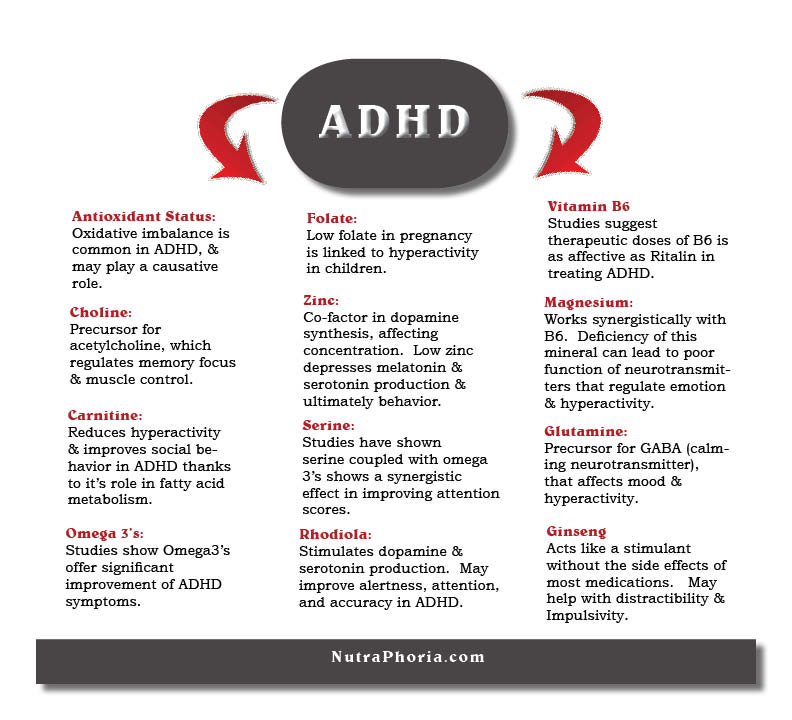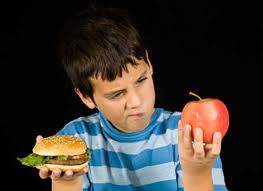ADHD or something else?
The instances of attention-deficit/hyperactivity have grown rapidly over the last few years to unprecedented numbers. Is it a case of chronic mislabeling? Is it possible that much of it be attributed to an unhealthy diet?
“ADHD” has become a new blanket diagnosis for any behavior issue out of the ‘norm’. A small percentage is severe enough to require medical intervention, but the majority of cases can be alleviated, and often even eliminated by lifestyle and dietary changes – this we have witness first hand in practice.
In 2011, the CDC reported that the prevalence of ADHD in children ages 4 -17 years was 11%. The prevalence of children 4-17 years of age taking ADHD medication increased from 4.8% in 2007 to 6.1% in 2011. That amounts to millions of children diagnosed with ADHD and taking psychostimulants with little regard for the lack of data showing long term health effects.
The exact cause of ADHD has yet to be identified, but research shows that genetics may play a significant role. Other factors, such as environmental toxicity and poor nutrition during the developmental years, have also been implicated. The diet can contains some pretty significant “ADHD” symptom triggers. Many studies have shown that children with ADHD often have nutrient deficiencies, unhealthy eating habits, and/or sensitivities to foods, chemicals, additives, and artificial food colorings. Sugar has also been linked to behavior problems in children (and adults!) due to the blood glucose spike and subsequent crash making attention and concentration more challenging.
It is not only unhealthy foods that can be culprits, healthy foods can also cause issues if you are reactive. Reactivity to foods affect brain functions, triggering hyperactivity or lack of attentiveness, if your body is sensitive to them.
The top reactive foods include:
- eggs
- wheat
- soy
- milk
- shellfish
- peanuts
- tree nuts
A few of the key nutrients that play a role in ADHD are noted below.
*note – prior to taking any supplements, always consult a health practitioner, especially with children or when taking medications and/or other supplements.



